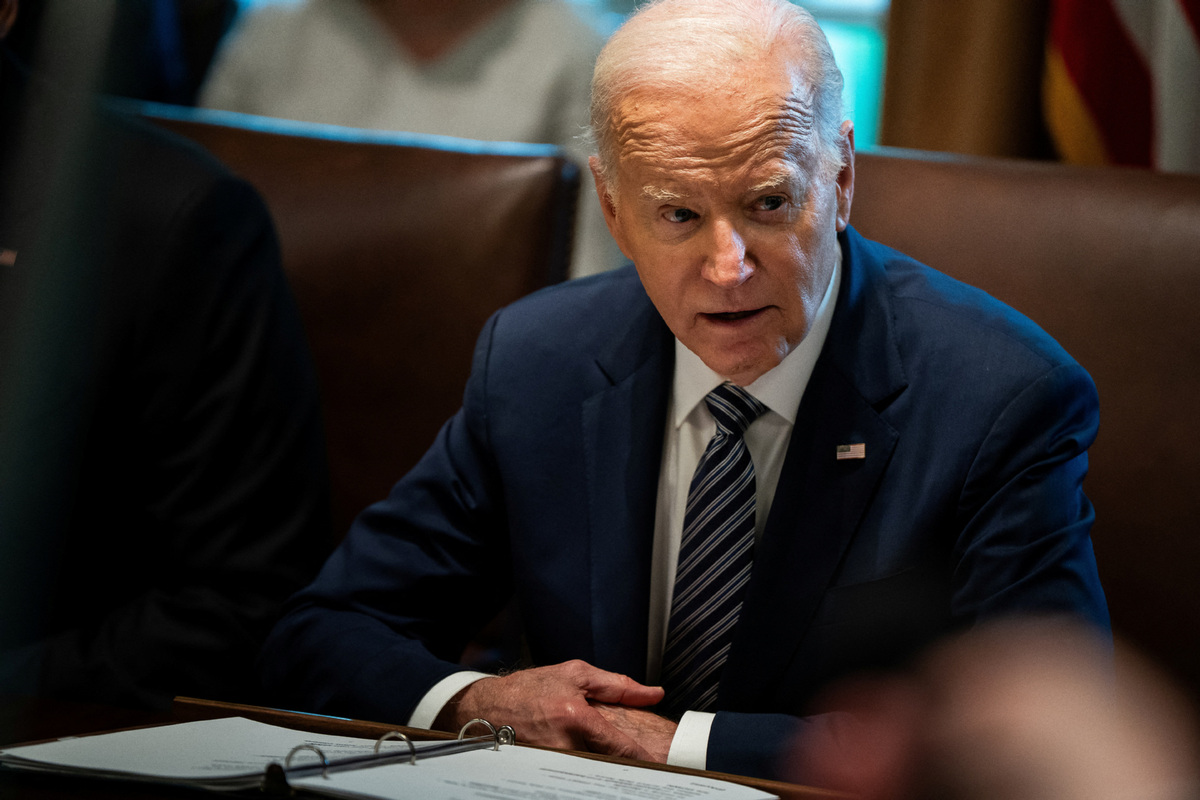
The Joe Biden administration’s doubling of the import tax on Chinese solar cells to 50 percent on Tuesday has been opposed by some US contractors.
The White House said the increase “will protect against China’s policy-driven overcapacity that depresses prices and inhibits the development of solar capacity outside of China”. The administration is planning to exclude from tariffs equipment used to produce domestic solar panels.
The issue of tariffs on solar products has pitted US manufacturers that want protection from what they see as cut-rate Chinese competitors against contractors and installers who seek low-priced imported panels.
Jim, a house builder in Charleston, South Carolina, who only provided one name, said it was the wrong decision.
“South Carolina has the sunshine, and I need the solar panels to capture it,” he said. “The new tariff will mean I will pay more and so will the customer.”
He said many of his customers are recent retirees who moved to the state because of a lower cost of living and they will not be able to afford any price increase.
Keith, who has sold real estate in Charleston for 15 years and asked that his full name not be used, said: “It’s hard enough now with interest rates to sell anything. People want solar because it will lower their electric rates. But they will choose spending more money to put in a pool over a higher cost for many solar panels.”
Hurdle for cleaner energy
Abigail Ross Hopper, president of the Solar Energy Industries Association, a trade group in the United States, said the new tariff will also effectively mean another hurdle in the Biden administration’s goal of transitioning the US to cleaner energy.
“This misstep will have a devastating impact on the US solar market at a time when solar prices are climbing, and project delays and cancellations are adding up,” she said in a statement.
One of the key steps in the global solar industry supply chain — the production of polysilicon solar wafers that are processed into solar cells — takes place almost entirely in China.
Although US companies can create raw polysilicon, and a handful of US factories produce solar modules, the industry is almost entirely dependent on China for the middle of the supply chain, solar industry experts said. No US factory produces solar wafers or cells at scale.
Former president Donald Trump’s administration imposed a separate set of global tariffs on the solar industry in 2018. In February, the Biden administration extended those tariffs but reduced their scope by doubling the number of solar cells that can enter the US without facing any levies, an attempt to resolve the conflicting interests of the domestic producers and domestic installers.
Chinese solar cells represented less than 1 percent of total US solar cell imports in the first half of last year, according to data from the National Renewable Energy Laboratory.
In 2012, the US barred almost entirely the use of solar cells and modules made in China with prohibitive anti-dumping and countervailing duties, which rerouted US solar supply chains to Southeast Asia, said Pol Lezcano, a senior solar analyst at BloombergNEF.


